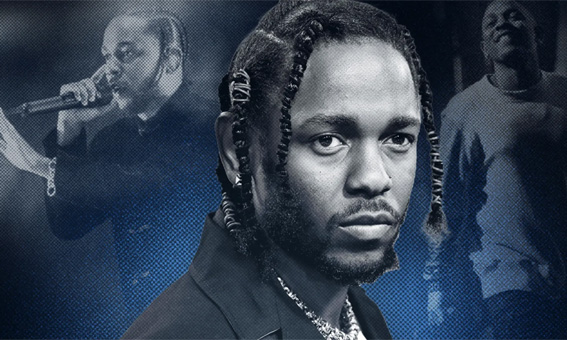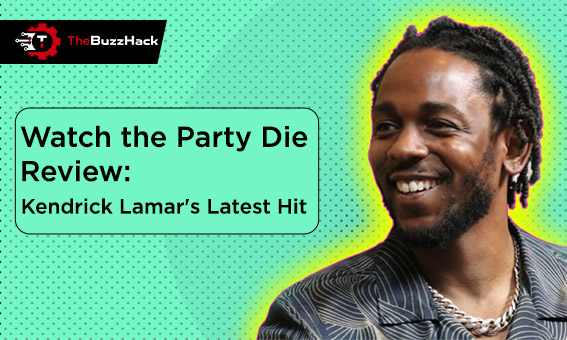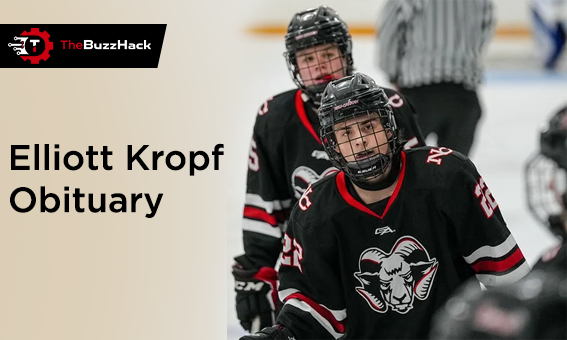Kendrick Lamar’s “Watch the Party Die” offers a bold and introspective exploration of modern culture’s darker undercurrents. In this track, Kendrick dives deep into the themes of societal decay and the challenges of maintaining personal integrity amidst fame. This Kendrick Lamar “Watch the Party Die” review reveals why the song is much more than just a hit; it’s a profound commentary on contemporary issues.
Kendrick Lamar’s Watch the Party Die Complete Review
Kendrick Lamar uncovers how the track stands out as a significant statement about our times through its raw lyrics and potent message. The song’s reflection on societal problems and the personal struggles of fame underscores its importance, making it a crucial piece for understanding both Kendrick’s artistic vision and the current cultural landscape.

Unpacking the Lyrics of Watch the Party Die
The opening lines, “I think it’s time to watch the party die / This shit done got too wicked to apologize,” set the tone for what’s to come. Kendrick isn’t just speaking about a literal party; he’s addressing a deeper cultural malaise. The “party” here symbolizes the reckless, hedonistic behavior prevalent in today’s society, which Kendrick believes has gone too far.
Kendrick critiques the glorification of violence and ignorance, stating, “We even kill the killers ’cause they like taking innocent lives.” This line reflects his disillusionment with cycles of violence and the apparent disregard for real solutions. His frustration is palpable when he questions, “Why reason with these niggas if they can’t see the future first?” Kendrick clearly feels that the current generation is missing the bigger picture, focusing on immediate gratification rather than long-term progress.
A Call for Change
The chorus of the song is both a plea and a declaration: “God, give me life, dear God, please give me peace / Dear God, please keep these lame niggas away from me.” Kendrick’s call to God for guidance and protection underscores his desire for a more meaningful existence, away from the superficial and often toxic influences of the entertainment industry and societal pressures.
In the second verse, Kendrick expands his critique to various societal roles, from “street niggas” to “corporate guys” and “radio personality.” His critique is not just limited to one group but spans across different sectors, pointing out how they contribute to the spread of misinformation and societal decay. He expresses a deep disillusionment with the current state of affairs, advocating for a fundamental shift in values and priorities.
Personal Struggle and Reflection of Kendrick Lamar’s
The song also delves into Kendrick’s struggle with fame and the pressures that come with it. He reflects on his journey, revealing the internal conflicts and existential doubts that accompany his public persona. The lines, “I’m seeing ghosts, blacking out, relapsing one thought at a time,” highlight the emotional toll of maintaining one’s integrity in a world that often values spectacle over substance.
In the final verse, Kendrick contemplates the impact of his actions and those of his peers. His reference to other artists like Lecrae and Terrace Martin showcases his desire to find a balance between maintaining his principles and navigating the complexities of his career. The line, “A nigga wonder what Lecrae would do,” reveals his introspective approach to resolving these challenges, seeking wisdom from others who face similar struggles.
Is “Watch the Party Die” Worth the Hype? Kendrick Lamar’s Latest Masterpiece
“Watch the Party Die” is more than just a track—it’s a reflection of Kendrick Lamar’s artistic vision and his critique of modern society. Through its powerful lyrics and poignant commentary, the song challenges listeners to reconsider their values and the consequences of their actions. Kendrick’s fearless exploration of these themes makes this song a compelling and thought-provoking piece, cementing his role as one of the most insightful voices in contemporary music.
Whether you’re a longtime fan or new to Kendrick’s work, this track offers a profound look at the intersection of personal integrity and societal issues. It’s a reminder that sometimes, to build something better, we must first witness the fall of what no longer serves us




